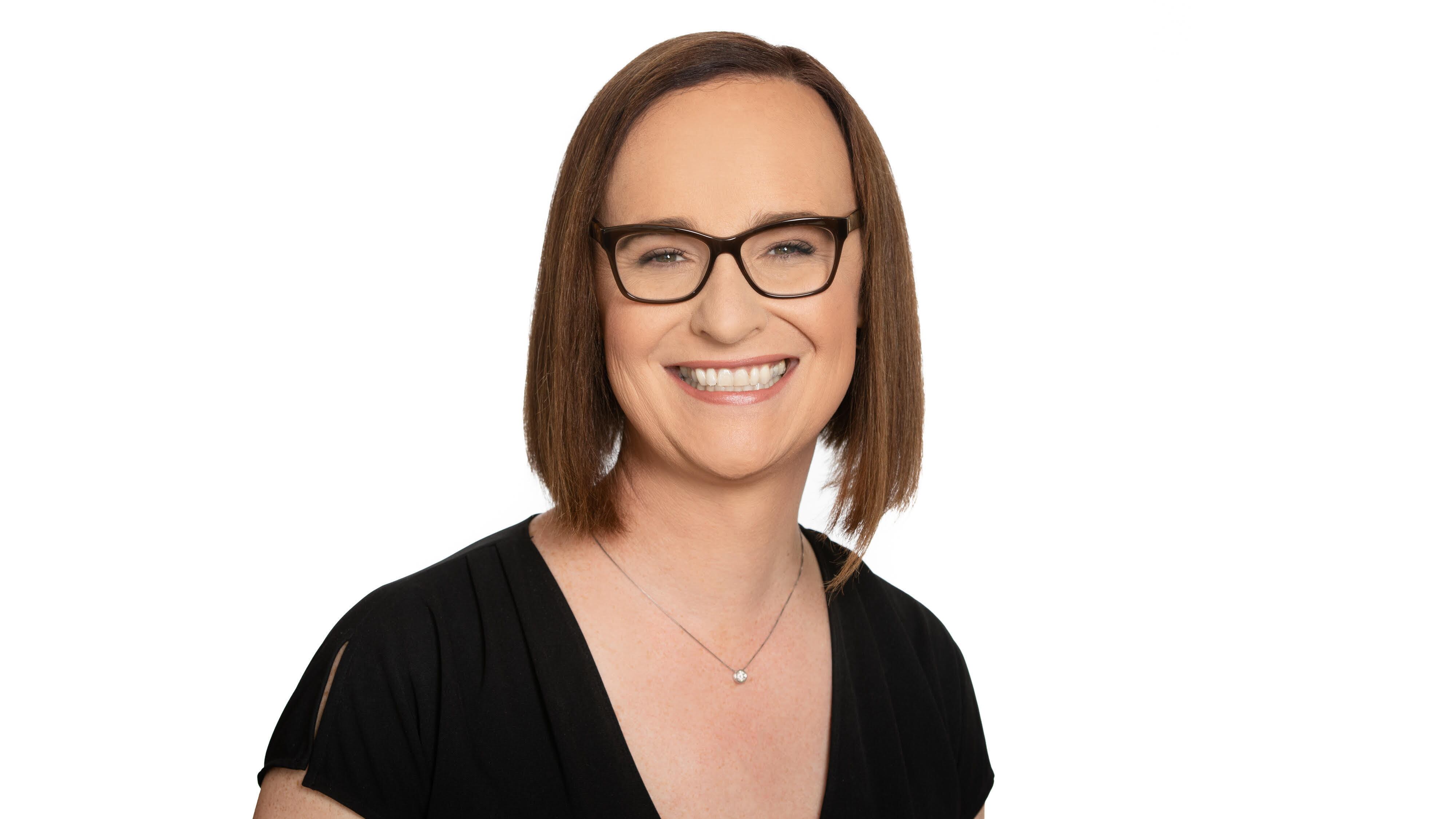Allison Clift-Jennings believes that lack of trust may be the commodity in shortest supply in the world of business.
And Clift-Jennings, the CEO of Filament, thinks that Blockchain may be a solution.
"[Blockchain] is the first technology that has been invented that solves the issue of trust," Clift-Jennings wrote via email. "It provides for participants to delegate and specify trusted information to a technology, where previously participants needed to establish trust elsewhere. It's simple but impactful."
Blockchain may be the buzziest of buzzwords in tech at the moment. Loosely described, it is an ever-expanding, hyper-secure list of records. The records, referred to as blocks, cannot be modified, which is why proponents believe it to be an ideal and secure way to transfer data to networked devices.
In theory, this means that blockchain is more trustworthy than your closest confidante. Every transaction is recorded and stored in the network using cryptography, making the technology impenetrable to human or machine meddling. In reality, however, most people don't know enough about Blockchain to trust it.
Clift-Jennings hopes to change that.
While Blockchain has been often associated with cryptocurrency like Bitcoin, it is the other applications for it that has Clift-Jennings excited. About 90 percent of Filament's client base is in the auto and mobility industry.
"The automotive industry, unlike many others, is experiencing at least four inbound disruptions right now: autonomous driving, the electrification of vehicles, ride-sharing services, and connectivity built into the car," Clift-Jennings wrote over email. "With technology like Filament's platform, we bring about a trusted capability into the car itself. Trusted, in that there is verifiable proof of the vehicle identity and when various events on the vehicle happen (when it starts, moved, etc). When both of those are trustworthy, then new products and services can be built on top of our platform, giving OEM automakers the ability to stay relevant in this new era."
Filament is headquartered in Clift-Jennings hometown of Reno, a somewhat surprising choice before considering that with Tesla's battery gigafactory just a few miles away in Sparks, Reno is becoming a tech hub in its own right.
Clift-Jennings also had to overcome personal hurdles since founding Filament. In late 2016, Clift-Jennings announced via a post on her personal blog that she's transgender. "I'm a big believer in visibility as a queer woman in technology," Clift-Jennings wrote over email. "Seeing a person pursue their professional goals is the first step in removing the stereotype that every startup is typically run by white, heterosexual men."
Clift-Jennings appears to be taking it all in stride; she's raised a total of $22.5M in 8 rounds of fundraising.
Clift-Jennings will be speaking at TFNW and will be giving a talk on the capabilities of blockchain technology. TechfestNW takes place at the Viking Pavilion at Portland State University (Get tickets to TFNW here). PSU's business school recently announced that it is planning to offer a blockchain certificate as soon as this fall.

